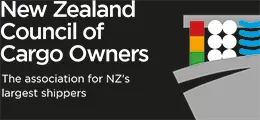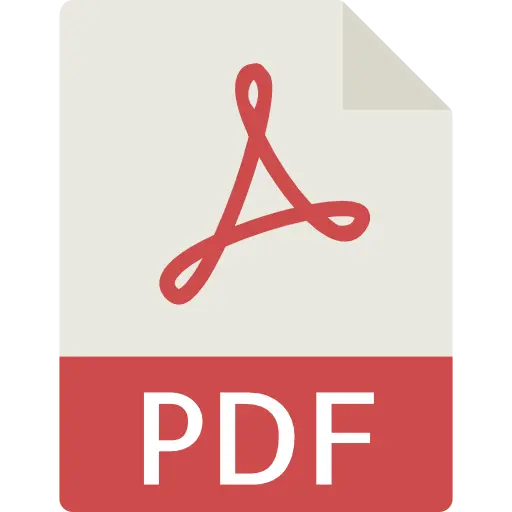New Zealand’s potential accession to IMO treaty: MARPOL Annex VI: Prevention of Air Pollution from Ships.
This submission is made on behalf of the New Zealand Shippers’ Council (NZSC). NZSC is the principal association representing New Zealand’s major cargo owners, including many of the country’s biggest exporters and importers. As the peak body in supply chain developments relating to cargo handling and movement, NZSC has a strong interest in international shipping and domestic cargo issues.
The MARPOL Annex VI consultation raises a number of issues for our members. We answer each in turn.
Should New Zealand accede to this treaty?
Yes, we should; indeed we are surprised that New Zealand has not done so already. New Zealand is dependent on international trade and has to be actively involved in all negotiations that might impact this trade. Aside from the decision on lowering sulphur levels in fuel, future IMO decisions are inevitable on issues such as the level of other emissions from the shipping industry, the application of carbon charging for the industry and the speed at which ships travel. All these have the potential to impact negatively on our businesses. It is important that New Zealand is actively able to participate in and influence the course of these decisions. In order to do so effectively it is important that we are treaty signatories.
The way the world views New Zealand is critical to our success in international trade. Our products must continue to be seen as being of the highest possible integrity. Not ratifying this treaty risks damaging our international image. All our major trading partners are party to the treaty. We should be too.
By staying outside the treaty there is a potential cost savings for freight being carried on coastal shipping. Low sulphur fuels will be more expensive. But we feel that this potential saving is more likely to be theoretical than real. Several of our coastal vessels are foreign flagged so will be subject to the regime because of their flagging. Others will need to comply when going to Singapore and Australia for servicing. Changing bunker fuel is no straight forward matter. It takes time to achieve. This probably means companies will chose to convert to the low sulphur fuels regardless of short-term savings.
Is New Zealand ready for the new Sulphur standard?
No we are not. Neither is the world according to some reports. A delay until such time as low sulphur bunker fuel is more available, or for more ships to install scrubbers, would seem sensible.
Having a relatively low cost bunker fuel that meets the new low sulphur standard readily available should be a priority, and should be in place before the new regime comes into force. Our coastal shipping fleet, charter vessels and the Pacific Island shipping fleet will need access to this fuel.
What will be the implications of this new regime be for our members?
The cost of freight will rise. This will be a particular concern for those trading in low margin commodities. In the higher value area the new policy will probably accelerate the trend towards bigger ships.
Summary.
Our members support accession to this treaty.
Our members are concerned that this regime is being implemented when globally the industry is not yet ready.
Our members note that this regime will impact negatively on the cost of international and domestic trade.

